In the spring of 1996, three thousand families associated with the Landless Workers Movement (in Portuguese, Movimento dos Trabalhadores Sem Terra, or MST) occupied a massive private ranch in the Brazilian state of Pará. The land occupation brought widespread attention to Brazil’s social inequities in farmland ownership, but it was also the realization of Brazilian workers’ constitutional right to land.
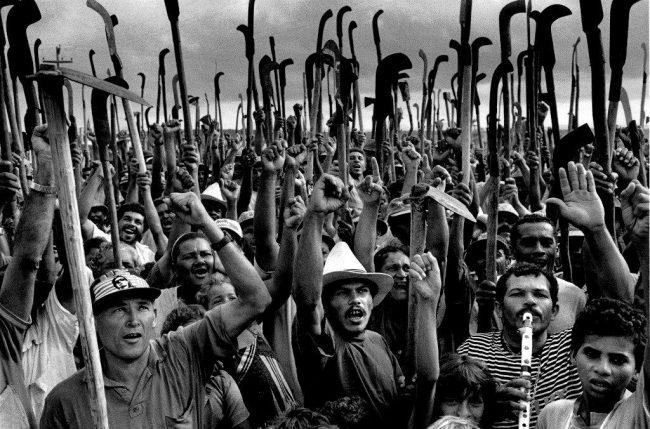
MST March. Photo by Sebastião Salgado.
Brazil’s constitution deems it legal “to expropriate on account of social interest, for purposes of agrarian reform, rural property which is not performing its social function.” Through land occupations like the one of the Pará ranch, the MST could bring legal challenges against major landowners, who would then lose their unused land to laborers intent on farming it. These legal suits can take years to settle, but the Movement has won peasants millions of acres of land in the past three decades.
On April 17, 1996, several thousand MST members marched down a highway in southern Pará toward the city of Belém. The Pará government ordered Brazil’s military police to stop the march. On that day, 150 armed police assembled to block the road to Belém and opened fire on the protesters. The police killed nineteen protesters on the spot. Dozens more were injured, some severely wounded. The 19 murders came to be known as the “Eldorado do Carajás” massacre.
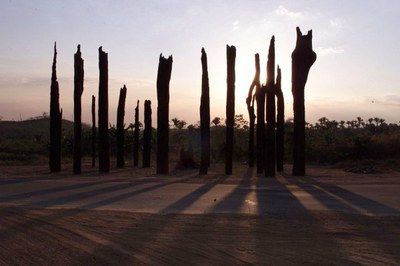
Monument with 19 burned trees in the shape of Brazil. Source: Reprodução.
One week after the massacre, the Brazilian government created the Ministry of Agrarian Reform. The land that MST members were occupying was ultimately expropriated and is now called “April 17.” A monument was built on the road where the tragedy occurred to honor the victims.
La Via Campesina — the Peasants’ Movement — recognizes April 17 as the International Day of Peasant Struggles. La Via Campesina is a global peasant movement with over 200 million members in 81 countries, including the members of Brazil’s MST.
Throughout the world, La Via Campesina is on the front lines in the fights against corporate farming, corporations like Monsanto, and environmental injustice. It works to restore and protect the food sovereignty of all humans, but you won’t hear much about its work on U.S. news or textbooks.
Learn more about La Via Campesina and teach about it using the lesson, Food, Farming, and Justice: A Role Play on La Via Campesina.
This post was prepared by Hannah Russell-Hunter, 2019 Teaching for Change intern.

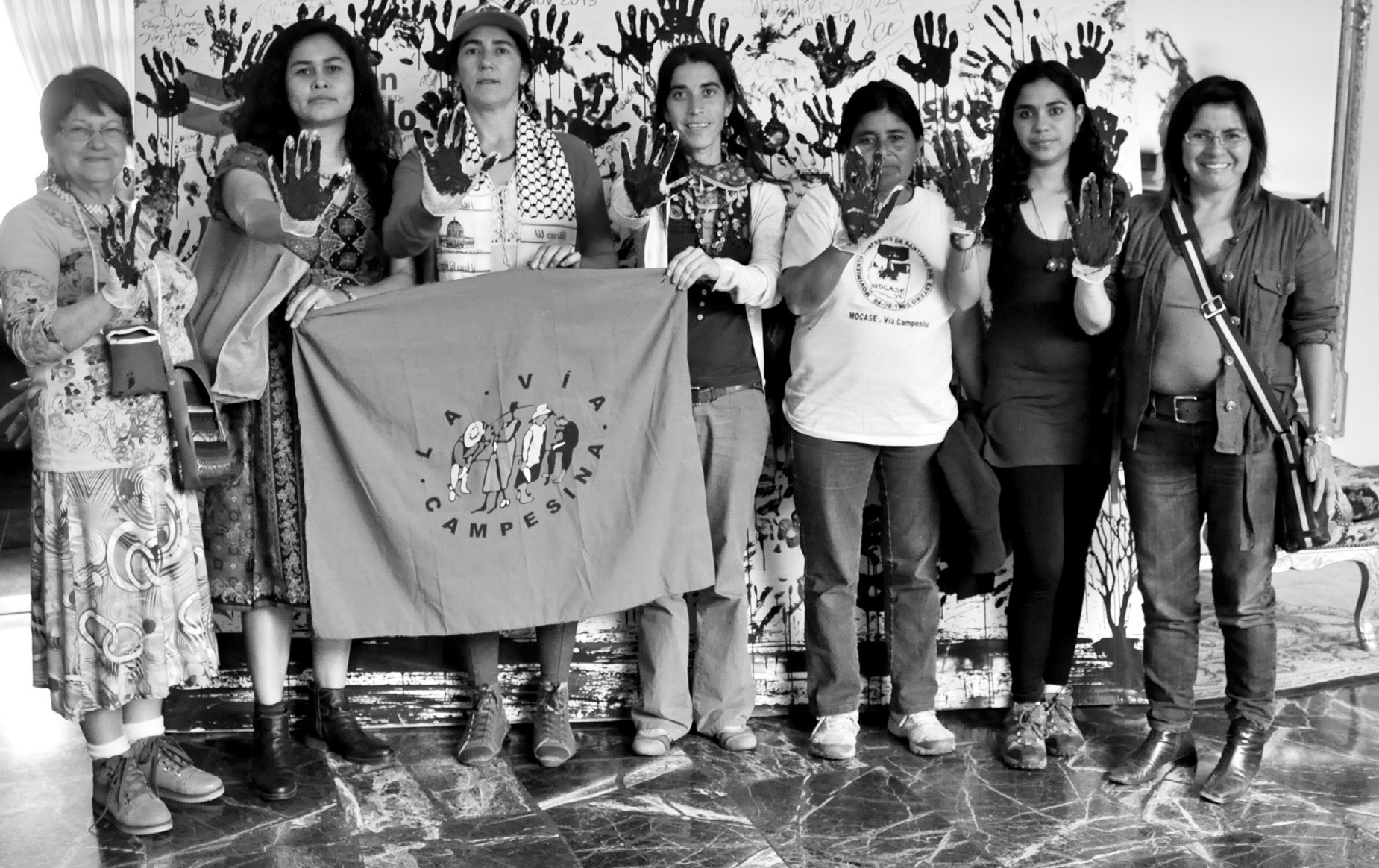
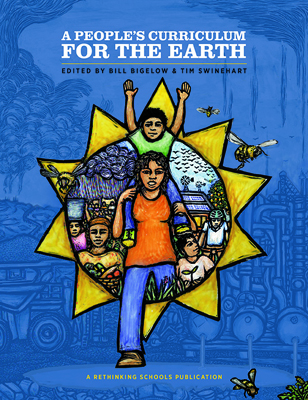

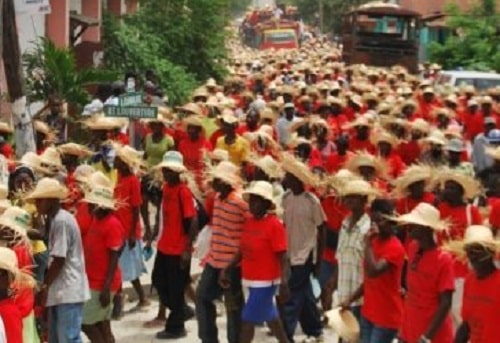





Twitter
Google plus
LinkedIn